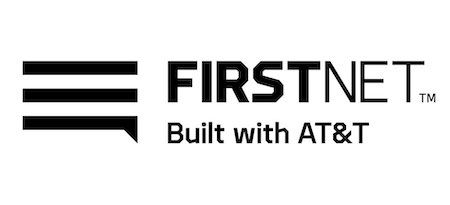FirstNet wireless broadband is getting two new capabilities: 5G connectivity and tower-to-core encryption, reported GCN. The 5G upgrade will increase speed, and the encryption will build on current network security.
According to Scott Agnew, assistant vice president of product marketing for the FirstNet Program at AT&T, every packet on the nationwide 4G LTE network is prioritized and has preemption to ensure connectivity for first responders. GCN reported that FirstNet intelligently and seamlessly connects to 5G where available, but users shift back to 4G when that nears capacity.
“You get the best of both worlds,” Agnew said. “You get the speed when available, but you are always backstopped with reliability.”
Examples of how upgrades could potentially impact reality include deploying cameras at the front gate of a stadium to screen attendees’ temperatures, minimizing the spread of COVID-19, and using 5G in an ambulance to transmit patient data to the emergency room en route. And testing is already in progress; users in Cleveland, OH and Houston, TX have been piloting 5G for several months. Beginning this month, responders in parts of 38 cities and across more than 20 venues will gain access to AT&T’s 5G spectrum, reported GCN.
FirstNet and AT&T will roll out full 5G capabilities over time for first responders, said Agnew. Users will need 5G-capable FirstNet devices such as the Samsung Galaxy Note 5G Ultra or the Netgear Nighthawk 5G Mobile Hotspot to access all the features. They will also need a 5G rate plan, although there will not be an increase in cost, Agnew added.
Regarding network security, Agnew explained that FirstNet is solving the “tower and the backhaul to the core” unencrypted challenge, “creating a secure tunnel between the tower and the FirstNet core” with S1U. The encryption is currently being tested and will soon be rolled out in Cleveland and Houston. A phased rollout will follow, with Agnew estimating a full nationwide deployment by the close of 2022.





Reader Interactions